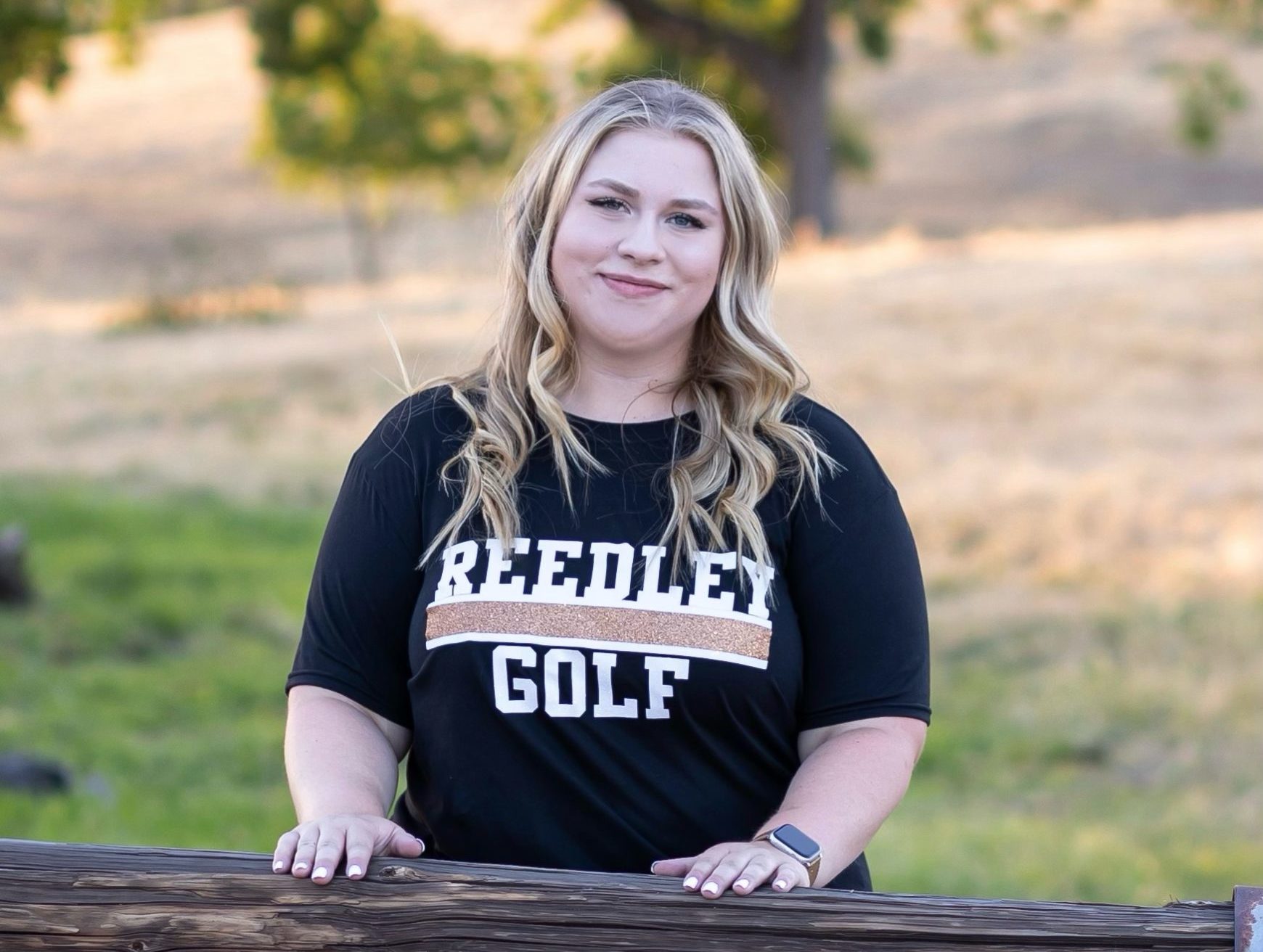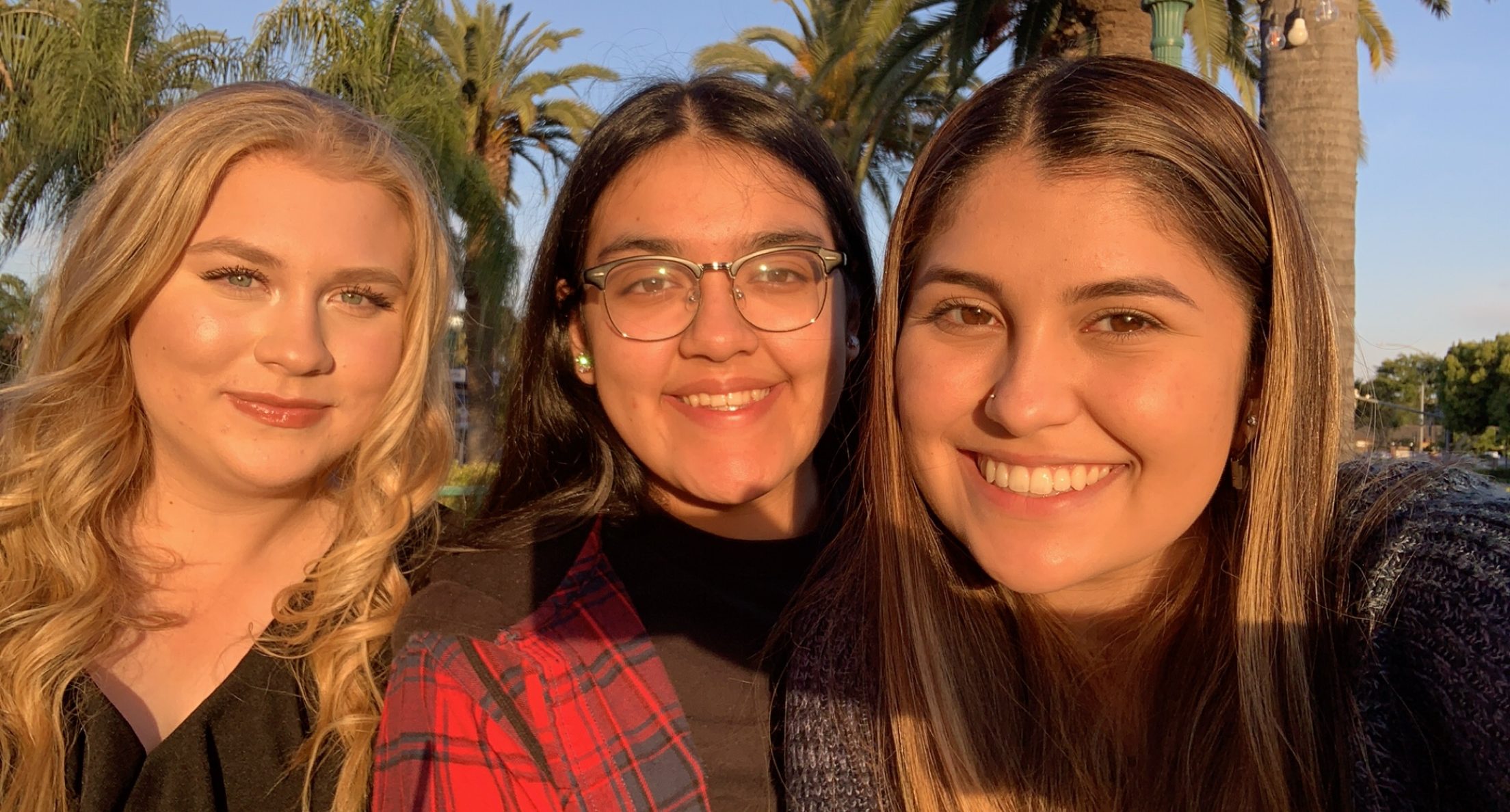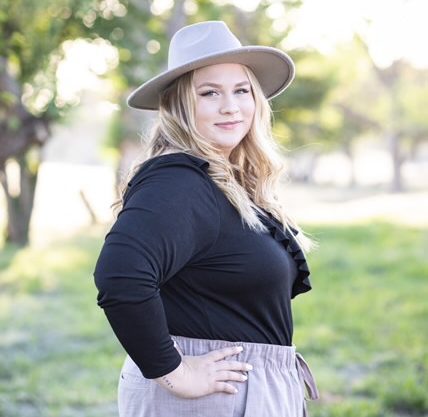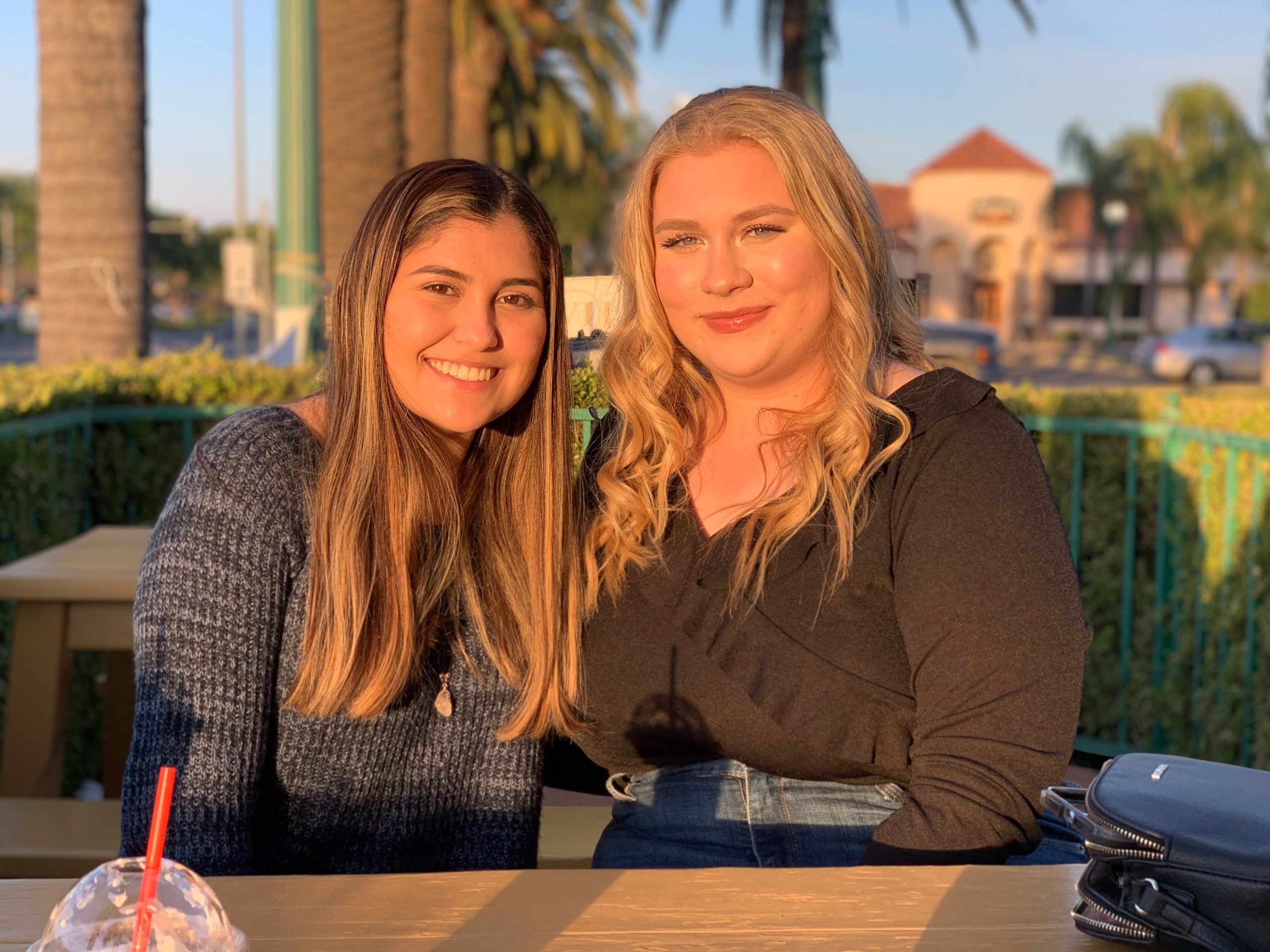A core belief of Youth Leadership Institute is that there can only be true justice and community change if those most affected are a part of decision-making. Young people must have a place “at the table” in order to make our communities places where everyone has the opportunity to thrive. It is yli’s job to run programs and trainings to make sure that young people are included at the table as often as possible so that youth voice will shape the future we are building together.
Read Avery Cordero’s story below, and consider investing in youth at the table. Click here to contribute!

I remember walking into Mrs. Hamblen’s classroom on a random day of sophomore year – it feels like forever ago – and she had this sign about social justice. It was her first year teaching American History on our campus and we just started talking about equity and social justice. I had only known her for an hour, but she saw how passionate I was. That short conversation put me in the mindset that, in our small community, there’s work that can be done. There is some room for every community to improve and to include everybody. It made me realize that my work could affect more than just our 2,000 kids on campus. It could affect Madera City, Madera County. Just one conversation, and we’ve done so much since then for social justice.
I had been involved in student government, so Mrs. Hamblen invited me to check out the yli class with Johnny Mendez. Usually when you think of a high school class, you’re thinking, “We’re going to clean up the trash from the classrooms,” or something. That’s not at all what the yli class was like. Last year, we did a study and proposal on traffic safety. We studied the issue by stationing up around the school to observe traffic, and did interviews with people who live there to get their feedback. We found that there are few stop signs and no crosswalks around this very busy high school campus. Multiple accidents had happened, and tickets were being handed out because there’s nowhere to park.
The issue affects kids in and out of school. It affects parents. It affects teachers. And I think that’s what really drew me and other classmates in – we know we’re leaving after high school, but this issue affects more than just us. It affects the entire community. So, we drew up a plan proposing parking lots, creative crosswalks, three more stop signs and a stoplight. We learned about contracting and how much the concrete, signs, and crosswalk would cost, and created a budget. We also had to approach vendors and get the support of city officials. They were all on board, but sadly, the project came to a halt because of shelter-in-place. Since then, though, other school districts have heard about our project and have started to reach out. It starts small and just grows from there.

This year, we decided to work on getting excused mental health days. I have struggled with mental health since I was a kid. Always have, probably always will. I used to be very ashamed of it, but not anymore. It’s just a part of me, it’s who I am. There have been days that I had to call in sick from school because I couldn’t physically get out of bed from panic attacks. It’d go down as an illness. But if a student has too many illnesses, the school will reach out to the physician and/or guardian. And if there was a case where a doctor had to confirm the student’s honesty, the doctor would most likely deny their office visit. Some students use the excuse of the “flu” to substitute for depressive episodes. If another individual had suicidal thoughts, it might go down as a sprained knee. So how can mental illness be documented safely? How do we know what kind of illness it is?
We’ve seen from trending numbers that mental health issues are something we’ve all experienced in the last 18 months – we’ve been more impacted by mental health than physical illnesses. But sometimes it’s brushed off because it isn’t always something you can physically see. It was a very uncomfortable conversation to have with our teachers, especially over zoom. I’m very open about my mental health, and when I brought it up during the class, a lot of underclassmen went quiet. But once we started the conversation, a few other kids opened up and we realized that there are a lot of kids struggling with mental health.
So we’re proposing an option. The first component is the mental health excused absences. Then, we’re creating a policy that ensures that, after three mental health excused absences, a counselor from the district will call and set up a counseling session. The point is not just to document the incident, but to ensure your wellbeing, that you’re being supported mentally. It’s to make sure our students are safe. The community is taking it very seriously, and I’m proud of being the lead on this project.
I was amazed at how much support we got. Our adult allies gave us their support the entire way – they were rooting for us to succeed. They understood that we are in the environment as students, which is very different from being a teacher or a parent, and that having our voice and input can help any project that is meant to support students. That was the biggest takeaway for me: you really don’t think these higher up people are going to support you because you’re just a student, but they do. We’ve given them the respect, and they’ve given us their respect. We’re here to learn, but we’re also here to teach.

In the last few years, young people have definitely earned their platform, whether it’s on our school boards or leading on local policies – youth in Madera have fought for the opportunity to make their voices heard. In the past, adults did most of the talking, adults made the decisions. They didn’t much consider youth and how we’d feel or benefit or be affected by their decisions. “You’re just a kid,” I’ve always been told. But many of us have the perspective of both being a kid and being a successful adult, even though we may not have had the same experiences. There’s a general narrative that youth haven’t earned the right to be called an adult, but that isn’t true anymore. We’re seeing young people stepping up to be the adults in their families and beyond. Right now, we’re learning so much from our experiences locally, as a country, globally, and a lot of that learning is being led by young people.
I’ve learned so much from yli, from Johnny teaching us how to work with fellow youth, with high up electeds and city officials. I’ve learned to own my perspective and use it to the best of my ability when I’m communicating with other young people and adult allies. It’s been so moving to see what youth can do when we come together with peers and adult allies. Honestly, Madera is perfect for starting conversations and projects – once we get the ball rolling, more youth get involved, more youth support one another, and the adult allies are our biggest cheerleaders. Anything can be accomplished when youth set their minds to it.

“Perspectives” is one of my favorite words, and I actually have it tattooed right here on my wrist. Having that multi-perspective is so important. As life goes on, we don’t have the same standards, conversations, jobs. Things change every single day. With those changes, we need different plans, and we won’t have good plans unless we include different people with different experiences. I think youth have a lot more say than they once did, although they still don’t get as much credit as they should for the changes they are making. The work we’re doing isn’t just for publicity – it’s not just for the pat on the shoulder. It’s enlightening to see, “Hey, other 16 year olds have done this. I’m 16, and I can do this, too.” When there’s a lack of recognition, young people don’t feel as motivated or supported, which can put a pause on youth work. My hope is that 10-15 years from now, young people will have even more opportunities to use their voices. Including perspectives is the only way, in my opinion, that we continue that trend upward.
As for my own work, I’m aging out. My term is up in August for the youth commission and I’ll be a full-time college student. But I would like to continue to work in the education system. I love first grade – all the little ones, the little minds, they’ll have my support in whatever they want to accomplish, in whatever they set their minds to. And I hope to take everything that yli has taught me and put that right back into my lesson plans.
